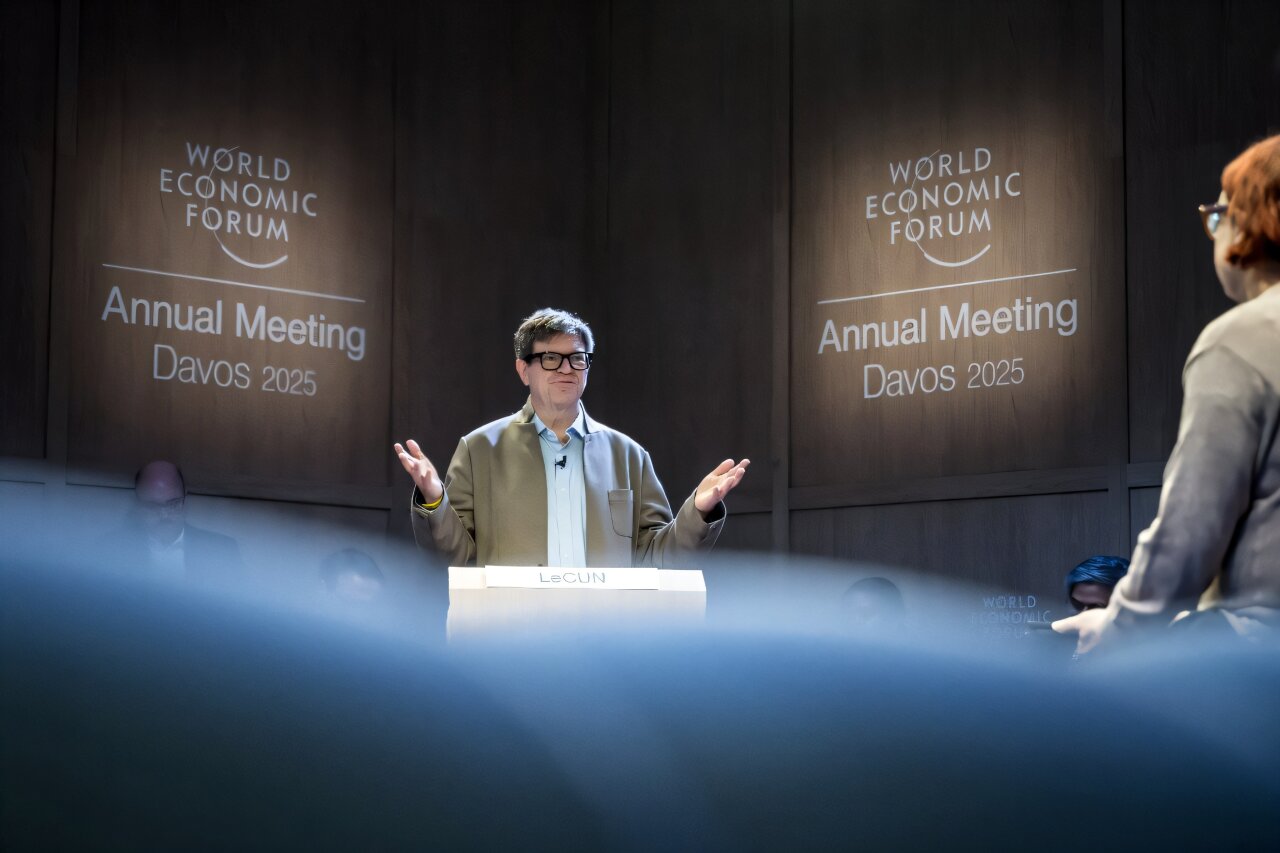Tech Leader Encourages Europe to Invest More in AI

Europe’s AI Investment Challenge
Increasing Investment in AI
Yann LeCun, a prominent figure in the artificial intelligence (AI) realm and chief AI scientist at Meta, recently spoke at the World Economic Forum. He emphasized that Europe needs to take more financial risks and increase its investments in AI technologies. LeCun is recognized as one of the “godfathers” of AI and argues that European countries risk falling behind if they do not ramp up their efforts.
The Need for Greater Financial Commitment
During his conversation, LeCun discussed the United States’ significant financial commitments to AI, which he characterized as being far more robust compared to Europe. He criticized a $500 billion investment plan announced by former President Donald Trump as somewhat unrealistic, questioning whether any organization could actually secure that amount of funding over five years. He noted that while the United States has more potential for investment—largely due to readily available retirement funds—Europe has a different financial landscape, making it harder to gather such significant funding.
The Scale of AI Investments
LeCun highlighted the substantial investments that tech giants are planning to make in AI. He mentioned that Meta intends to spend around $60 billion this year alone on AI initiatives, with other companies also investing billions. These massive sums are necessary to develop infrastructure that supports AI training and application. According to LeCun, the amount of money required is substantial but crucial for advancing AI technology.
Europe’s Talent Pool
While Europe is lagging in financial investment, LeCun pointed out that it does not lack talent. He believes that Europe possesses a wealth of skilled individuals capable of driving technological advancements. For example, he noted that the initial version of Meta’s language model, Llama, was developed in Paris by a small team. Despite concerns over Europe’s standing in AI, LeCun maintained that the continent has the creative and intellectual resources necessary for innovation.
Regulatory Concerns
One major hurdle LeCun identified is the regulatory environment in Europe, which he argues can stifle innovation. He claimed that there is a prevailing fear among lawmakers about the possible consequences of AI, leading to regulations that may be overly cautious and sometimes unnecessary. This cautious approach can result in missed opportunities for growth and development in the AI sector.
Global AI Landscape
The discussion around AI at the World Economic Forum underscored the growing importance of technology in both economic and social contexts. Various technology firms, including Meta, showcased their innovations, such as the Ray-Ban Meta AI glasses that provide real-time information about objects. The level of investment and development in AI remains a hot topic across the globe, highlighting varying approaches between the US and Europe.
Overall, while Europe has a wealth of talent and creativity, its approach to investment and regulation in AI may need reevaluation to compete effectively with the United States and other regions driving similar technological advances. Moving forward, a more balanced approach toward risk and innovation may be essential for Europe to thrive in the rapidly evolving AI landscape.






